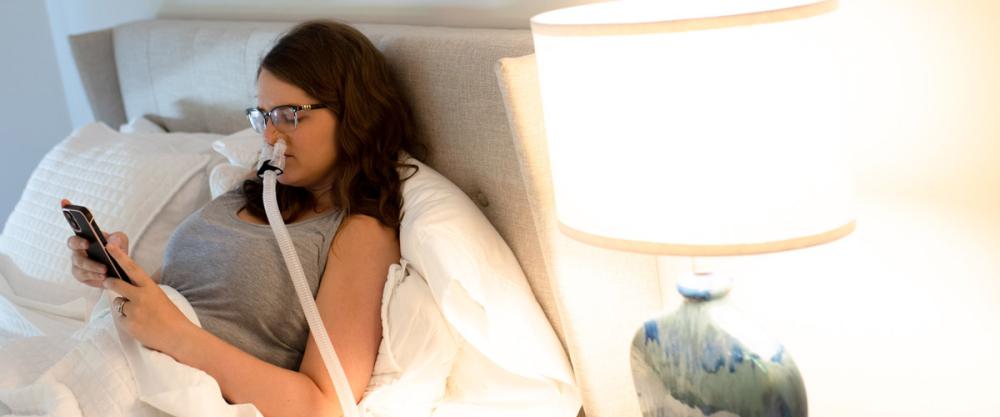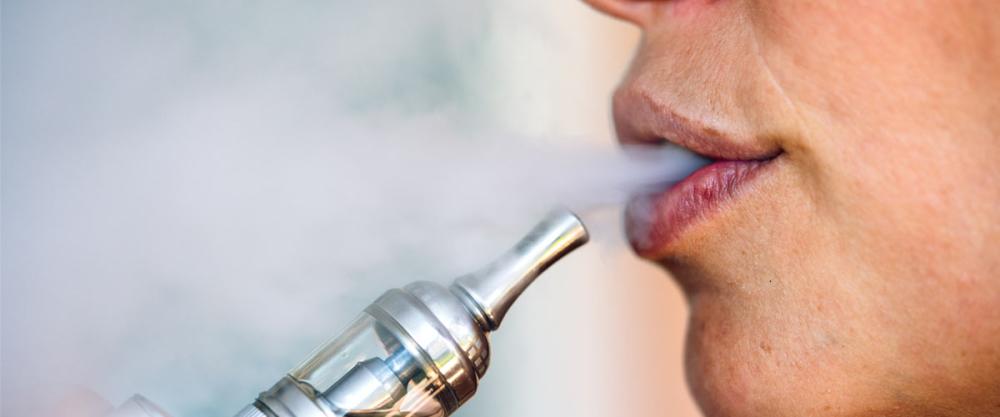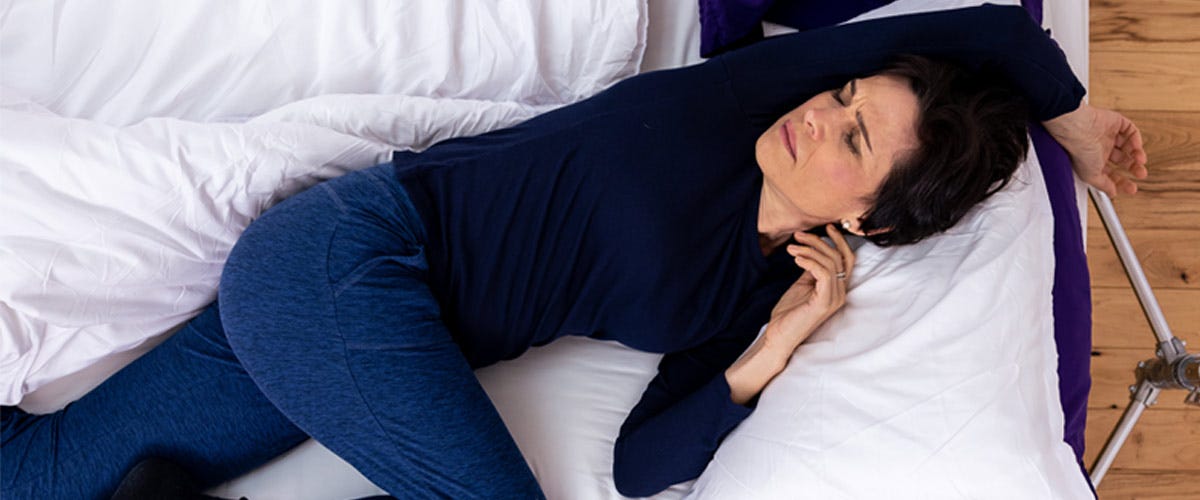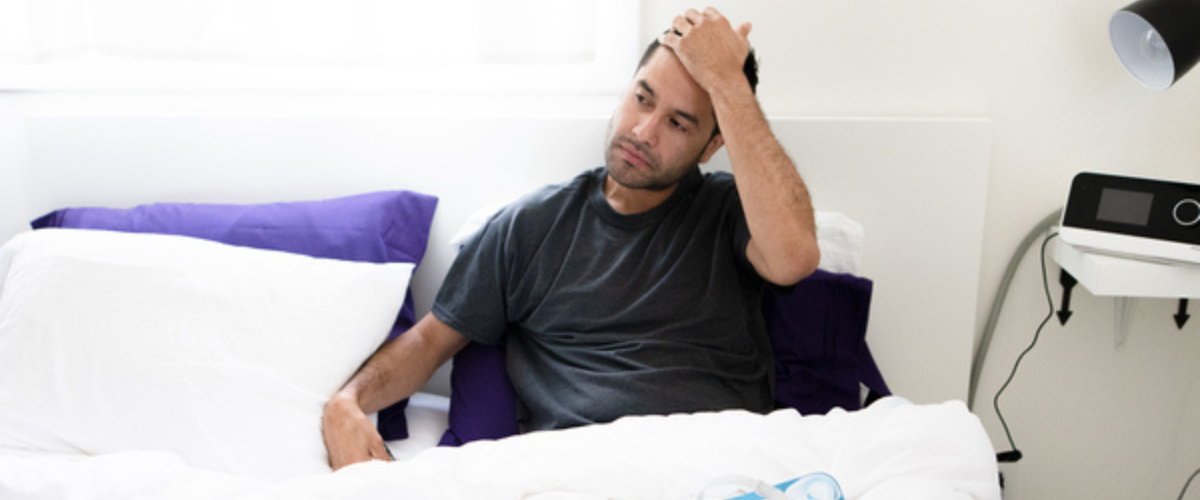Increasingly, there is more public awareness of how engaging in lifestyle changes can prevent or reverse health conditions across the medical spectrum, including obstructive sleep apnea (OSA). These same lifestyle changes can have a nice economic benefit as well - lowered healthcare costs! So let’s dive in discuss the role of lifestyle changes in treating sleep apnea.
Is There a Cure for Sleep Apnea?
The medical community is clear that obstructive sleep apnea (OSA) is a chronic breathing disorder that does not have a cure. However, there are three specific instances in which OSA can be reversed. In order to understand how that happens (and to see if you fall into one of these categories), let’s touch base on how OSA functions.
The main cause of obstructive sleep apnea is when there is a blockage in your airways. This blockage causes breathing to noticeably reduce or completely stop repeatedly throughout the night. People often assume the obstruction must be in the throat near your tonsils and adenoids, but it can be anywhere in the airway. A deviated septum, for example, can cause obstruction of the nasal cavities and lead to OSA.
Again, obstructive sleep apnea is a chronic condition that cannot be reversed except sometimes in the following circumstances:
Pregnancy - If your OSA was caused by pregnancy, your OSA may clear up afterward.
Surgery - If the obstruction causing your OSA is surgically removed, this could cure the condition.
Mild OSA from the start - For those with mild sleep apnea, it’s possible that lifestyle changes including weight loss could reverse your sleep apnea. The key is bringing your AHI (apnea-hypopnea index) below 5. An AHI of 5 is the diagnostic threshold. Bringing it under that number indicates that, medically speaking, you no longer have the condition.
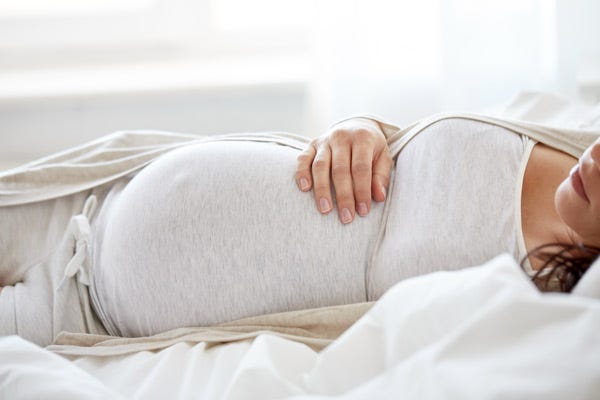

If a sleep specialist says your sleep study revealed mild OSA, a doctor may very well recommend lifestyle changes. However, if your sleep test shows that your OSA is moderate to severe, CPAP therapy is the most common recommendation. Continuous positive airway pressure (CPAP) is a very effective treatment that applies constant air pressure to the upper airways. This keeps soft tissues from collapsing into the airways, treating sleep apnea by maintaining airflow. CPAP machines, APAP, and BiPAP machines all work similarly. APAP and BiPAP offer more customized treatment options and information readouts.
So can sleep apnea be cured with lifestyle changes? Only very rarely for those with mild OSA. This is why the medical community communicates that OSA has no cure. But don’t lose hope! Even if a cure isn’t in the cards, it is possible to improve OSA symptoms yourself depending on the cause of your OSA:
Smoking
It shouldn’t be a shocker anymore - smoking is bad for you. Now you have all the more reason to give it up! When you quit, it’s possible to reduce your own sleep apnea symptoms and lower the risk of developing OSA for everyone around you, including children.
- Smokers have more severe OSA, lower blood oxygen levels, more airway inflammation, and increased sleepiness during the day.
- Smoking changes your circadian rhythm for the worse.
- Nicotine withdrawal may initially cause insomnia and irritability, but in the long term it enables better sleep and more energy.
- Even if you don’t smoke, second-hand smoke is a risk. Second-hand tobacco smoke increases the risk factors of OSA in both children and adults.
- If you do smoke around others, you should know that a side effect is that you’re putting those people at increased risk of developing an incurable breathing disorder.
- Quit smoking and all these sleep apnea symptoms will have a chance to improve.
Vaping
While it doesn’t have as many chemicals as cigarettes, vaping is far from harmless. Young people like it because it’s not as harsh a sensation as a cigarette, but delivers the nicotine buzz. It’s important to know that:
- Nicotine is just as addictive as heroin.
- Because nicotine is still the addictive ingredient, vaping is not a good way to quit smoking cigarettes.
- Like cigarettes, vaping causes fragmented sleep, inflammation of the airways, and daytime sleepiness due to disrupted sleep cycles.
- If you quit vaping, your sleep apnea symptoms could improve.
Alcohol
Anything that relaxes your muscles will put you at greater risk for airway collapse during sleep. It also makes it harder for you to wake up. With OSA under the influence of alcohol, your body has to create more and more stress hormones to wake you up so you don’t suffocate while you sleep. This is why most people learn that they have OSA - they keep waking up gasping for air, and it scares them enough to see their doctor.
- Alcohol causes increased snoring, soft palate inflammation, and sore throat. Then, after the sedative effect wears off, it causes insomnia, too.
- OSA often feels like a hangover, and may be written off as one.
- Using alcohol to get some shut eye is a vicious, self-undermining cycle. You’ll feel tired and self medicate with alcohol to fall asleep. You build a tolerance, then consume more and more alcohol trying to get some sleep. But…
- The more heavy drinking, the worse the sleep quality.
- The recommendation is to stop drinking 4 hours before bed.
- Sedatives are bad for sleep apnea too, by the way. They relax your muscles and make it difficult to wake up when you have an apnea.
- Lifestyle-based sleep apnea treatments can sometimes just be actively weeding out your sleep apnea risk factors!
Obesity
Obesity is one of those underlying medical issues that makes just about every other health problem worse. Obesity increases risk for OSA, and vice versa. When you’re exhausted from OSA, it’s easier to fall into habits that cause obesity.
- Why is obesity a risk factor for OSA? Because fat deposits in upper airway-adjacent tissues make the airways narrower. For those who insist on the supine sleeping position (sleeping on your back), gravity then pulls those excess tissues downward into the airways.
- It is well documented that increases in body weight directly correlate to sleep-disordered breathing, higher AHI, and thus more severe sleep apnea.
- Untreated sleep apnea can cause high blood pressure, heart disease, and eventually heart failure. If this sounds familiar, it’s because obesity can do the same.
- Men have double the trouble - they are both more likely to be obese and more likely to have OSA - separately. As a result, risk factors are much higher for the interplay of obesity and OSA, too.
- Be sure to keep in mind that weight gain is a gradual process. Unsurprisingly, losing excess weight is a slow process too. It requires patience, but this lifestyle change is well worth the effort.
So can OSA be cured with lifestyle changes? Typically no, and definitely not for those with moderate or severe OSA. What lifestyle changes can do is help sleep apnea patients achieve better health and higher quality of life by reducing the severity of sleep apnea symptoms. Ask your doctor if they think these changes are worth a shot!
References
Bielicki, P., Sobieraj, P., & Wąsik, M. (2019, April 2). Smoking status in relation to obstructive sleep apnea severity (OSA) and cardiovascular comorbidity in patients with newly diagnosed OSA. MDPI. Retrieved August 19, 2022, from https://www.mdpi.com/2543-6031/87/2/103
WebMD. (n.d.). Smoking and sleep apnea: What you should know. WebMD. Retrieved August 19, 2022, from https://www.webmd.com/connect-to-care/sleep-apnea/smoking-and-sleep-apnea
Chang, C.-W., Chang, C.-H., Chuang, H.-Y., Cheng, H.-Y., Lin, C.-I., Chen, H.-T., & Yang, C.-C. (2022, June 16). What is the association between Secondhand Smoke (SHS) and possible obstructive sleep apnea: A meta-analysis - environmental health. BioMed Central. Retrieved August 19, 2022, from https://ehjournal.biomedcentral.com/articles/10.1186/s12940-022-00868-6
Jehan, S., Zizi, F., Pandi-Perumal, S. R., Wall, S., Auguste, E., Myers, A. K., Jean-Louis, G., & McFarlane, S. I. (2017). Obstructive sleep apnea and obesity: Implications for public health. Sleep medicine and disorders : international journal. Retrieved August 19, 2022, from https://www.ncbi.nlm.nih.gov/pmc/articles/PMC5836788/


